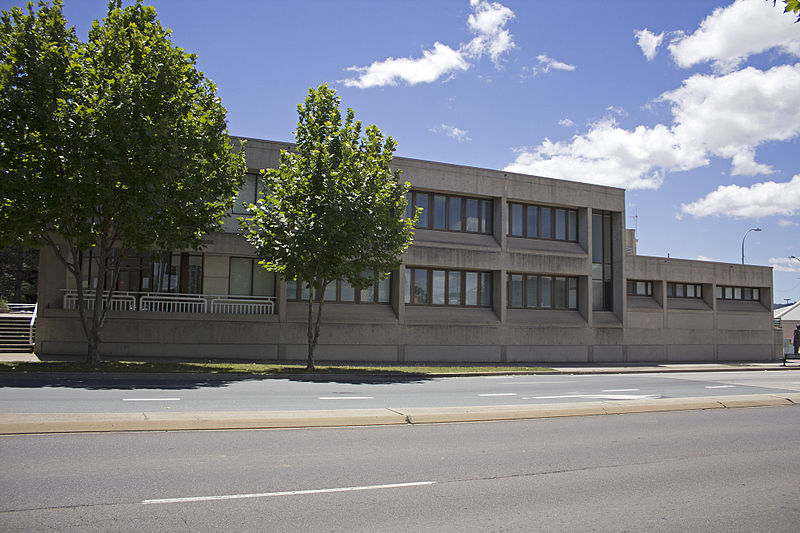
UN representatives were denied access to Queanbeyan Court House cells on Tuesday night (18 October). Photo: File.
It’s been confirmed seven United Nations (UN) representatives were refused access to Queanbeyan Court House cells when they arrived for a surprise inspection.
A Corrective Services spokesperson said the group was turned away on Tuesday night (18 October) as they “did not have prior approval”.
They were a delegation of the United Nations Subcommittee on Prevention of Torture and other Cruel, Inhuman or Degrading Treatment or Punishment.
NSW Corrections Minister Geoff Lee was questioned about the visit on 2GB on Thursday (20 October), when he claimed the inspectors had turned up without uniforms or identification.
“The whole role of our jail system is to keep people safe … it’s not to just allow people to wander through at their leisure,” he said.
“Coming to Queanbeyan, turning up and demanding to be let in, is beyond the pale.”
He said the jail system was “highly regulated” by both state and independent agencies, and that he felt it was “unnecessary” for them to also be inspected by the UN.
“We run a safe and orderly system here … we don’t torture people, why should our taxpayers have to foot the bill for the United Nations to come to Australia?” Mr Lee asked.
“Aren’t they better off going somewhere like Iran?”
But comments such as this have been slammed by Australia’s Human Rights Commissioner, Lorraine Finlay.
She said claims by the NSW Government around funding and that the inspections were “redundant” were “simply not true”.
“The NSW response is disappointing. First, the UN visit is self-funded. Second, no other state government has raised any objections. And third, if existing prison scrutiny in NSW means the UN inspections is redundant, why not let them in and show the rest of Australia how NSW is leading the way?” Ms Finlay said.
“What compliance with Opcat [Optional Protocol for the Convention Against Torture and Inhuman Treatment] actually represents for NSW and other Australian governments is an opportunity for all of us to feel more secure about how we protect the human rights of detainees by agreeing to greater oversight and accountability in our detention regimes.”
Federal Attorney-General Mark Dreyfus KC had announced the delegations’ arrival to the country on Monday (17 October), as part of the Opcat, which was ratified by the Turnbull Government in 2017.
While his office wouldn’t speak directly to the Queanbeyan incident, a spokesperson for Mr Dreyfus’ office said no state or territory had objected to the ratification at the time.
“Since that decision Australia has been required to facilitate visits to detention facilities by a team from the United Nations,” they said.
This was the first visit by the subcommittee, who would inspect prisons and other places of detention.
On Monday, Mr Dreyfus said the group would spend a week visiting places of detention run by the Commonwealth, states and territories.
“I would like to thank the Governments of Victoria, Queensland, South Australia, Western Australia, Tasmania, the Northern Territory and the ACT for their cooperative approach to facilitating visits by the delegation,” he said.
“This visit complements [Australia’s] existing regulatory bodies, and is an important part of honouring our international commitments.”
In answer to questions by Region, his office said NSW was the only jurisdiction not to cooperate.
“All states and territories except NSW agreed to facilitate the current visit and uphold Australia’s international obligations,” they said.
When questioned about the visit by media on Tuesday, NSW Premier Dominic Perrottet said the United Nations representatives would not be allowed into any correctional facilities until a number of concerns had been addressed.
“There are safety and operational concerns from Corrections and in addition to that, this is a requirement from the Federal Government without there being any funding requirements … [or] considerations in place,” he said.
He pointed out there were already measures in place to ensure the state’s places of detention were up to scratch.
“We have a custodial inspector in place and we have an ombudsman in place,” Mr Perrottet said.
Region contacted both the United Nations itself and its Australian branch for comment.







